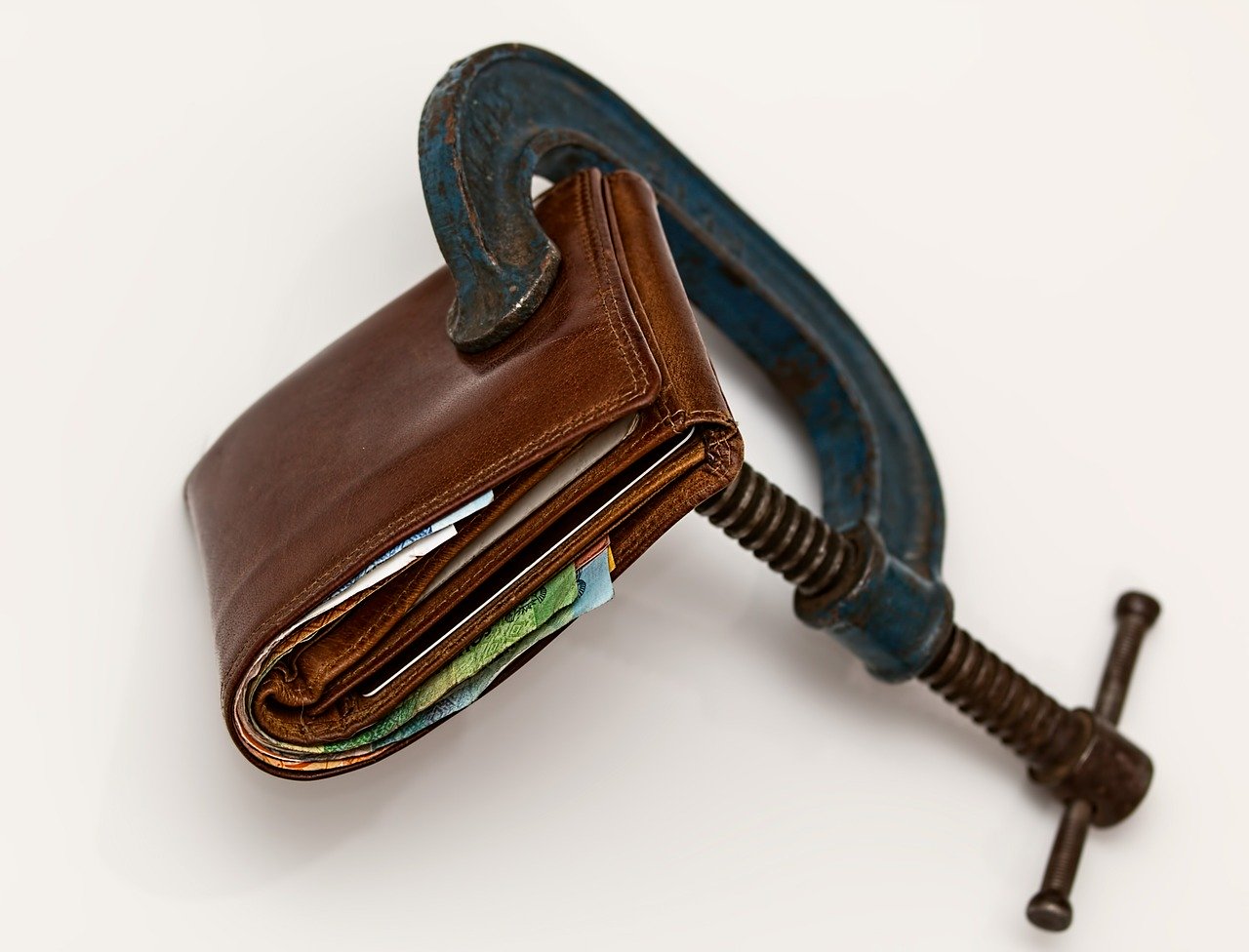How Marriage – and Divorce – Can Affect Your Debt

Marriage is all about making the love two people share official. It means you and your spouse are going to create a big, happy life together, complete with grandkids, family dinners, lots of
laughter, and all the other wonderful things that make life worth living.
Because of the many benefits marriage offers, lots of folks tend to forget the more practical
aspects of this long-standing tradition. Finances are a major factor in all marriages unless you or your spouse were lucky enough to be born rich! Marriage can affect your finances positively, as you'll have two people contributing to the same household if you and your partner are both gainfully employed. However, marriage can also increase your debt, as can divorce depending on the situation you face.
Who Is Responsible for Your Spouse's Debt?
Now for some good news; any debt your spouse incurred prior to your marriage will be their sole responsibility. You don't suddenly take on another person's debt just because you were married, just like you're not automatically entitled to any assets the person accrued before you said "I do". You also won't be responsible for any debt your spouse incurs during the marriage, provided their name was the only one on the title or credit card.
Here's where things get a little tricky. You may become responsible for your spouse's debt if your marriage ends or your spouse dies before you. This largely depends on the laws in your state:
Common-Law States
In states that abide by common law statutes, only debt that is shared between two spouses will become your responsibility at the end of your marriage. Debt that you and your spouse incurred jointly, or property or financial accounts with both of your names listed will be considered shared. Everything else is separate and will remain separate, even if your spouse dies with unpaid debts.
Community Property States
If you live in Wisconsin, Washington, Texas, New Mexico, Nevada, Louisiana, Idaho, California,
or Arizona, you live in a community property state. That means all assets, and yes, all debts are divided between spouses equally upon a marriage's end. You can also be pursued by creditors trying to recoup debt in your spouse's name.

What Role Does Divorce Play in Debt?
As illustrated above, state laws dictate how debt is handled during a divorce. That doesn't mean you'll get away scot-free when it comes to debt should you get divorced. No one ever enters into a marriage thinking about divorce, but it's an unfortunate possibility for all couples. And should this possibility arise in your relationship, you'll likely be looking at major upheaval to your finances.
Take court costs, for instance. You'll need to hire a lawyer, submit forms, pay fees, take time off work, and face many other expenses when going through a divorce. That's why it pays to work out issues on your own, meaning between you and your ex-spouse, so you can limit some of the costs facing you. You may be able to handle all the custody plans and asset division on your own so you'll only be responsible for paying minor fees for submitting documents.
Of course, there's also the matter of child and spousal support. Now, if you're kids are grown and out of the house, you won't need to worry about child support. You may be obligated to provide spousal support if your significant other has limited career options or finances. Courts try to be as fair as possible when it comes to these issues, so you won't be bankrolling your ex's newly lavish lifestyle. Spousal support costs can also be offset by other assets and property, which highlights the importance of negotiation during the divorce process.

The Bottom Line on Your Bottom Line
Does this mean you should refrain from marrying a person you love just because they have a
spotty financial history? Absolutely not. Love is love, and you're supposed to support the person you care for, no matter what they're up against. However, you and your soon-to-be-spouse should have a frank discussion about finances, saving, investing, and other pertinent topics before tying the knot.
